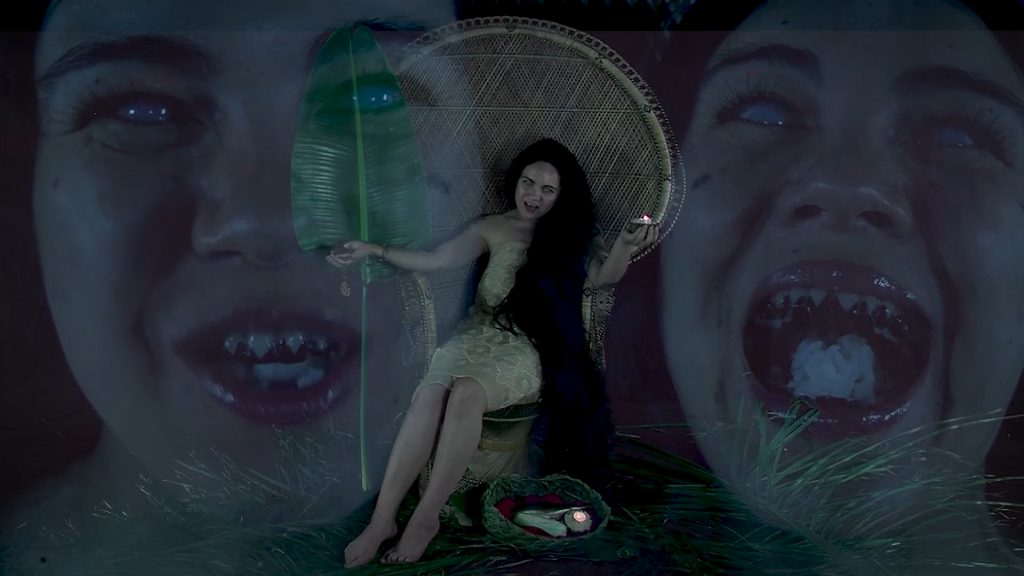LOS ANGELES – In 2019, my fascination with experimental music led me to the non-profit Coaxial Arts Foundation at Nikita Gale’s event. EMPTY/OPEN residential exhibition I was fascinated by the immersive, multichannel sound works on display and the interaction with the architecture, and I’ve been following Coaxial’s evolution ever since. As the organization celebrates its ninth anniversary, I discussed its journey and impact with founder Eva Aguila.
An artist and community organizer, Aguila decided to move back to Los Angeles from Oregon in 2013. “It was difficult for me to find a place for myself and my art,” he told me. “I had a free studio in Portland where I created an online public access television show Experimental half hour. When I came back to LA, I didn’t have a free studio anymore, nor did I have any equipment.”
Aguila began fundraising for new equipment that same year and worked on projects including collaborations KCHUNG The Hammer Museum’s 2014 radio show Made in LA biennial, establishing the foundations of what would become Coaxial. Aguila and his partner Brock Fansler, the current treasurer, created the foundation to address the shortage of avant-garde art galleries and to create an alternative to blue-chip galleries.
“It was very difficult for me to travel with all the gear, so I wanted to find a home base,” Aguila explained. “Something that won’t just be about my project.”


Launched in 2016 with grants, Coaxial’s headquarters are housed in a Downtown LA showroom with a large exhibition and performance space equipped with projectors and screens. The residency aims to empower artists to work independently of curatorial oversight by providing studio space and access to video and sound equipment. Its early residents included video artist JJ Stratford and musician Suzy Poling, and the space quickly evolved into a major gathering place for artists.
“We see it as an incubator space, so it gave me and others as artists a chance to experiment. This has freed us and our ideas have become something new,” Aguila said. “I’m always happy when I see someone start something in a space that expands into other spaces, like Micaela Tobin’s opera.” Tobin’s live “Almost Songs of the Bakunawa” (2020) was screened at Redcat and Contemporary Exhibitions in Los Angeles.



Buoyed by the loss of three grants, Coaxial has faced financial challenges for the past two years and now relies more on fundraising. “The loss of these grants has made things difficult,” Aguila said. “But then we reach out to the community, and now everyone is trying to get those resources so they can continue to help.” This includes a ninth anniversary event on April 14 at the Zebulon Cafe and Music Hall to help sustain operations with a $32.71 admission.

Current artist-in-residence Dulce Soledad Ibarra vividly demonstrated the transformative impact of the program i want to sleep forever, delving into the experience of undocumented people in America. “Being at Coaxial and working with everyone has empowered me to think about how I use aspects of personal narrative or family in my work,” they told me. “It’s something I want to explore more in the future.”
Aguila sees organizations like Coaxial as vital, adding that “artist-run spaces can help take the pressure off artists” through “opportunities that aren’t focused on making money.” He asks about their future and how they can establish lasting partnerships. “I think there needs to be some reciprocity, and not have these smaller organizations scrambling to apply for some grants.”


